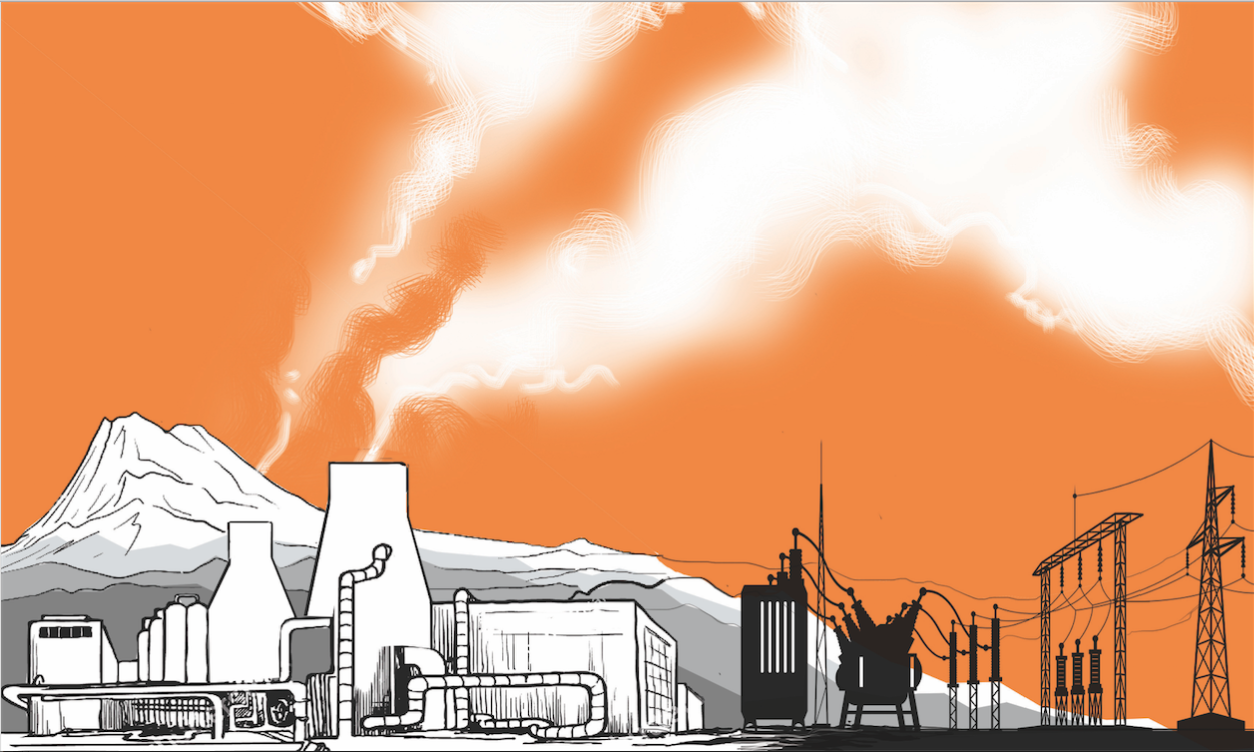

Across Kenya, from the acrid smoke of burning plastic in rural dumps to the choking fumes of Nairobi’s gridlocked streets, air pollution is no longer just an environmental issue. It’s a public health crisis. It’s felt in every breath we take, in every child’s persistent cough and in every parent rushing to the hospital with respiratory issues.
You do not need to understand the science behind PM2.5 to know something is wrong. But the data is damning: Nairobi’s air pollution exceeds safe levels for fine particulate matter by over 300 per cent (UrbanBetter, 2023). The World Health Organization warns that any area above 10 µg/m³ is a health risk. Nairobi averages over 50 µg/m³.
We are breathing poison, and it’s hurting our most vulnerable. The elderly. The young. The poor.
So what’s the solution? It starts with community-driven air monitoring. By deploying low-cost air quality sensors in neighbourhoods—from Kibera to Kayole—we can collect real-time data and expose pollution hotspots. This technology already exists and is being used globally. It must be scaled locally.
But data alone isn’t enough. We must turn it into action. County governments should pass and enforce clean air policies, including banning open burning of waste, regulating vehicle emissions and encouraging clean transport, and creating green zones in high-density urban areas
And perhaps, most importantly, train youth as Clean Air Champions. Equip them with digital tools and civic education to document air pollution, report violations and pressure decision-makers. Let young people be the voice of the air they breathe. Because the air in a slum is as important as the air in a boardroom.
This is more than an environmental battle—it’s a fight for dignity, health and justice. We can’t afford to wait. Clean air must become a national priority.
The future of Kenya’s cities depends on it—and so do the lungs of our children.
















